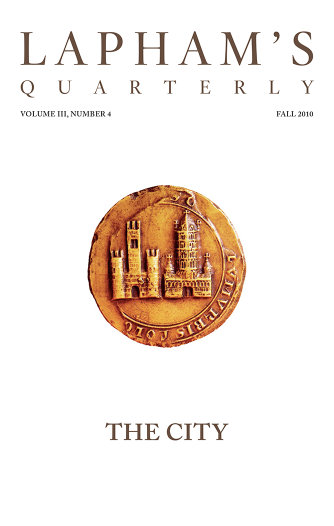When we have seen with our own eyes a mountain advancing into a plain—that is, an immense rock detached from that mountain and covering the fields; an entire castle buried in the earth; or a swallowed-up river bursting from below; indubitable marks of an immense mass of water having once inundated a country now inhabited; and so many traces of other revolutions, we are even more disposed to believe in the great changes that have altered the face of the world than a Parisian lady who knows that the square in which her house stands was formerly a cultivated field. But a lady of Naples who has seen the ruins of Herculaneum underground is still less enthralled by the prejudice that leads us to believe that everything has always been as it now is.
Sulfur, bitumen, niter, and iron, enclosed within the bowels of the earth, have overturned many a city, opened many a gulf. We are constantly liable to these accidents attached to the way in which this globe is put together, just as in many countries during winter, we are exposed to the attacks of famishing wolves and tigers.
An attentive traveler may convince himself by his own eyes that the Cyclades and the Sporades were once part of the continent of Greece, and especially that Sicily was once joined to Apulia. The two volcanoes of Etna and Vesuvius having the same basis in the sea, the little gulf of Charybdis; the only deep part of that sea, the perfect resemblance of the two soils, are incontrovertible testimonies. The floods of Deucalion and Ogyges are well-known, and the fables founded upon this truth are still more the talk of all the West.
From The Philosophical Dictionary. Voltaire praised the publication of the first volume of Denis Diderot’s L’Encyclopédie in 1751 and a year later conceived of the idea of a philosophical dictionary while visiting the court of Frederick II in Prussia. His Dictionary went unfinished for another twelve years, during which time he was banned from returning to Paris by Louis XV.
Back to Issue


